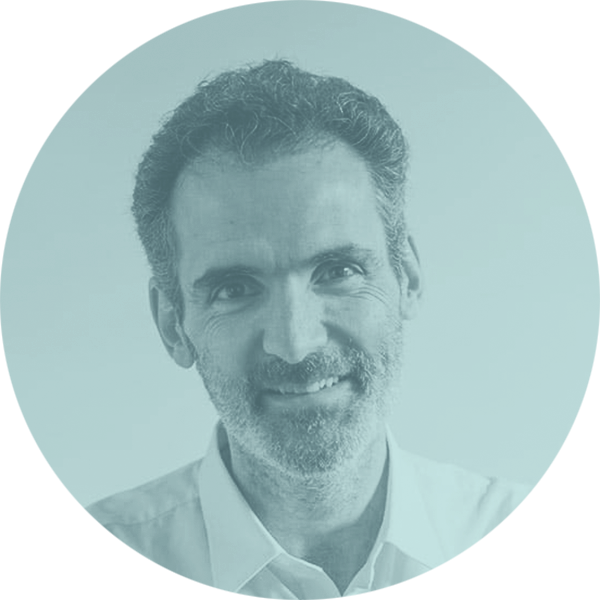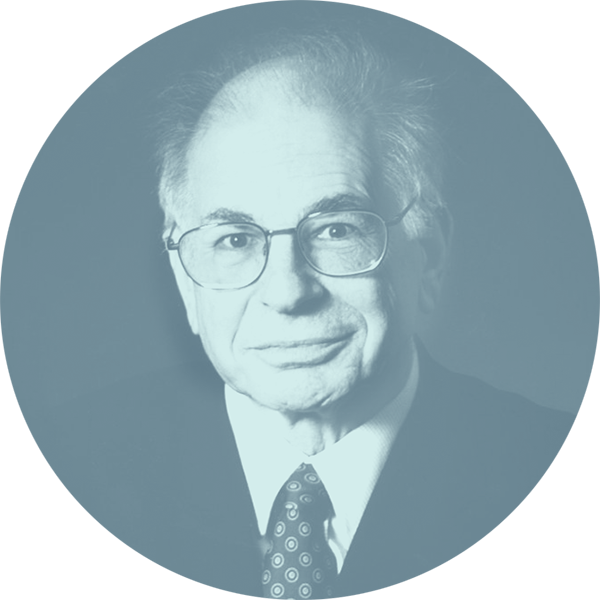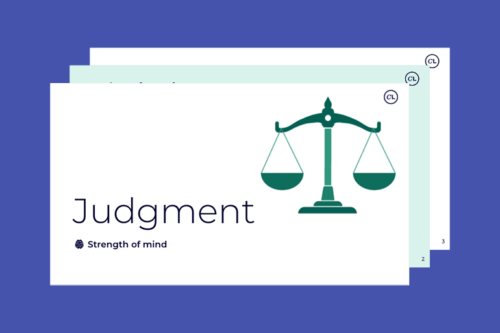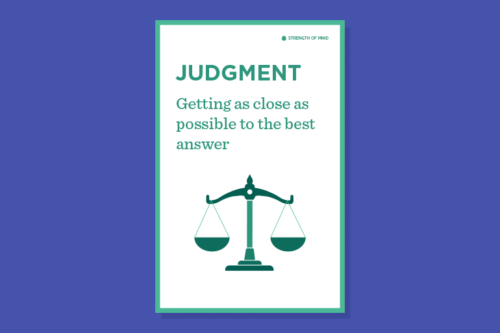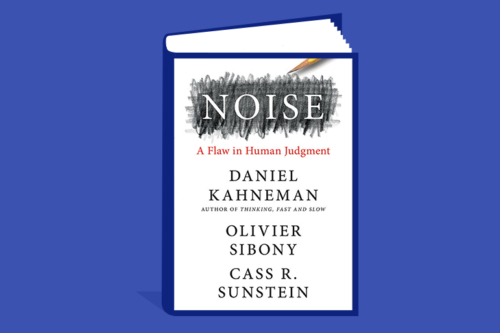Judgment
Getting as close as possible to the best answer
 Strength of mind
Strength of mind“’Tis with our judgments as our watches, none
—Alexander Pope
Go just alike, yet each believes his own.”
Why does judgment matter?
We expect good judgment from a doctor making a diagnosis, an employer screening resumes, or a professor grading an essay. But even the wisest experts are susceptible to both bias (consistently going in the wrong direction) and noise (randomly missing the mark). The first step to more accurate and precise judgment is to understand the ways in which the human mind jumps to conclusions. Your judgment will never be perfect—but you can strive to be aware of your limitations and to correct for them.
Pulse Check
Think about yourself. When you face a problem that requires judgment, how many of these things are true?
- I try not to jump to conclusions.
- I am aware that this is a matter of judgment: I ask myself what someone I trust would think of this problem.
- I independently ask several people for their judgment, and I consider their reasons.
- I try to separate my hopes and fears from the facts and beliefs supporting the judgment.
How do I encourage judgment in others?
Model it. Talk about when you need to exercise judgment and when you don’t: “This is a problem where we should apply a predefined policy or set of guidelines, not a case-by-case judgment.” Where judgment is required, emphasize that disagreements are likely. Focus attention on the process: “What principles should we use to make this decision?”
Celebrate it. Praise people who are aware of the limits of their own judgment: “It’s great that you are trying hard to get the right answer, not just sticking to your prior beliefs.”
Enable it. Help break decisions into bite-size chunks: “What are the smaller, easier considerations on which this judgment depends, and how can you make them separately?” Use comparisons: Relative judgments are more reliable than absolute ones. Ask questions that take an “outside view”: “What would the typical answer be for comparable problems?” Leverage the diversity of perspectives: “Can we obtain independent opinions and use their average?”
About the Authors
Tips
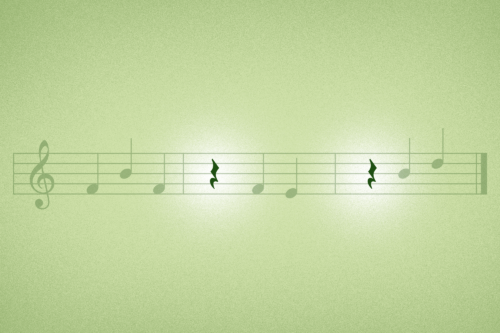
Joy Division
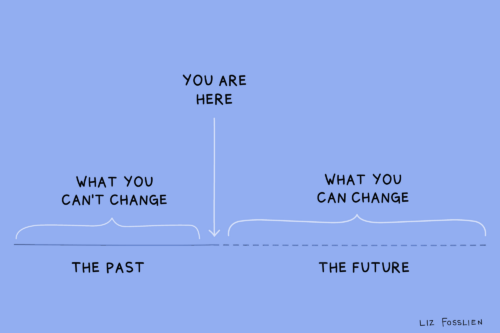
Room to Improve

Hindsight Bias
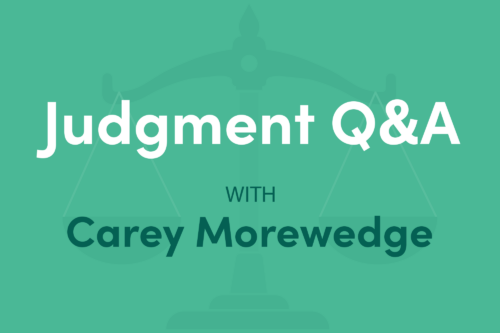
Judgment Skills
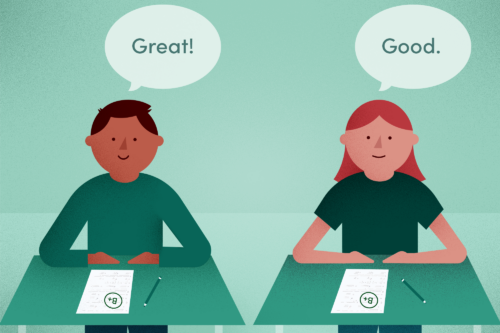
How Did You Do?
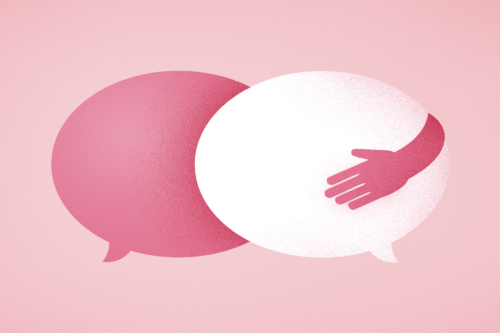
Through the Eyes of a Child
Learn More
Character is more than just judgment.
There are many other strengths of heart, mind, and will.
LEARN MORE ABOUT CHARACTER
